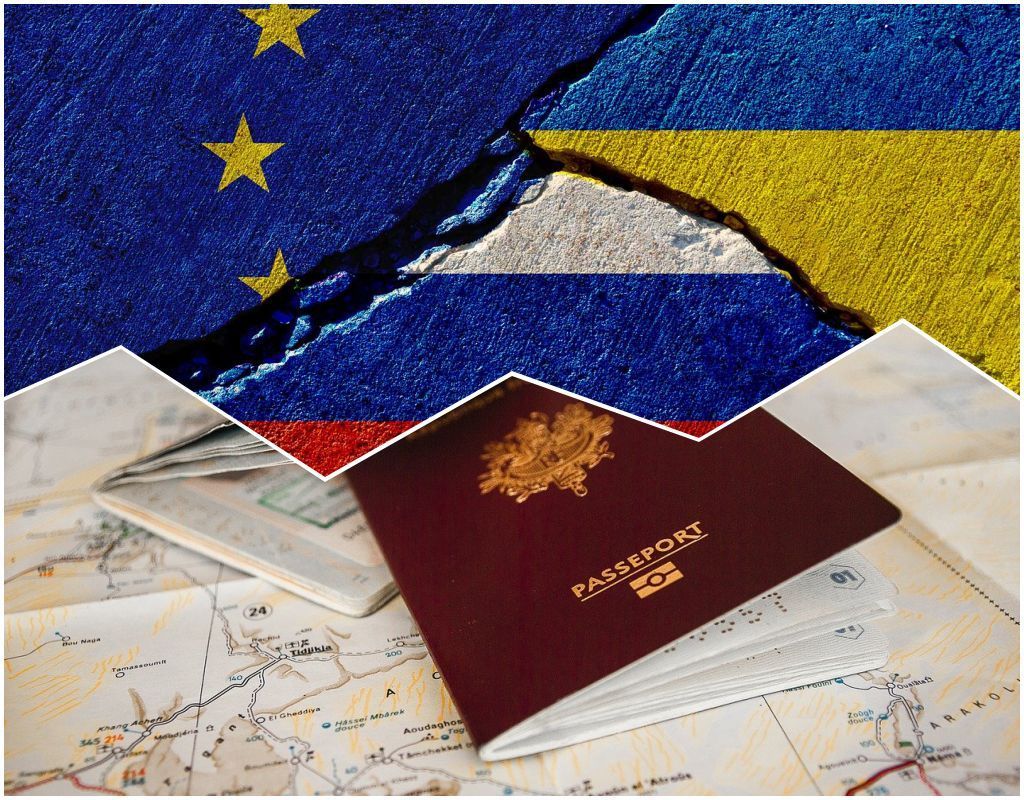Estonia has suspended accepting new e-residency applications from Russian and Belarusian citizens to “prevent sanctions evasion and possible illegal activities.”
According to information from the country’s e-residency office Wednesday, first-time applicants from these countries will not be accepted.
It said current e-residents with Russian and Belarusian citizenship will continue to be able to use their e-residency digital identities and can renew their digital ID cards as usual.
An e-residency digital identity cannot be used for any illegal activity and a digital ID card does not give permission for physical access to Estonia, it added.
The country’s state-run news portal reported that Interior Minister Kristian Jaani said existing e-residents from Russia and Belarus may also be affected by the move in the coming months.
“It is important that existing Russian and Belarusian e-residents are under the heightened scrutiny of our supervisory authorities. In the coming months, we will pay special attention to them, follow their activities more closely and, if necessary, intervene by revoking their e-residency,” said Jaani.
The Estonian e-residency program was launched in December 2014 with the aim of providing foreign nationals secure access to digital services offered within the Estonian e-governance ecosystem. The e-residents are effectively the digital residents of Estonia – they have an ID card that ensures access to digital services, but the e-residency status does not give them the right to permanently live or work in Estonia.
E-residents can also establish Estonian or EU companies.
Source: AA












